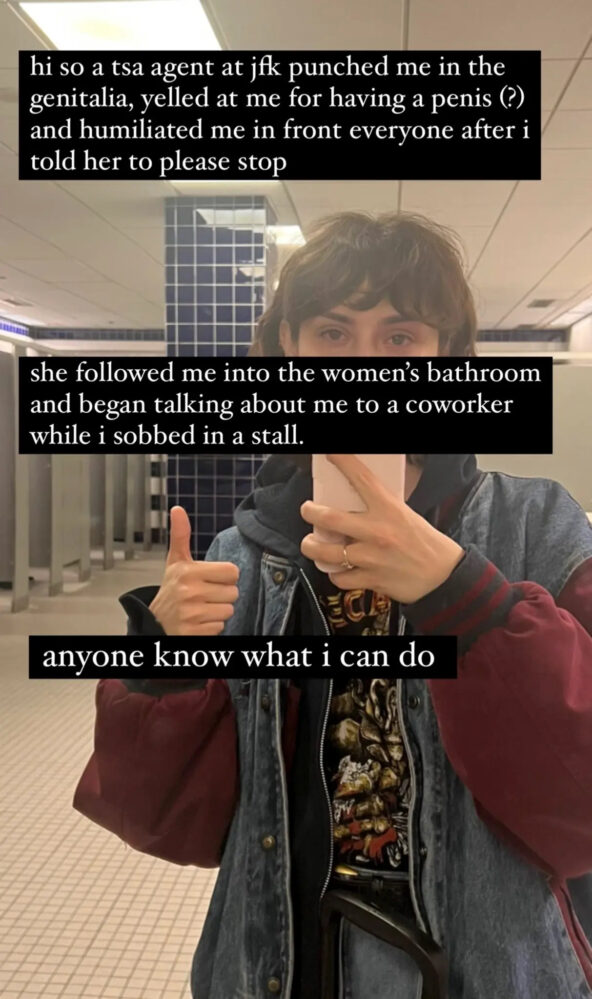Nonprofit Group Working to Help Transgender People Escape the U.S.
A newly formed group launched two weeks ago seeks to help transgender Americans escape the United States. Nearly three dozen applicants have already sought assistance emigrating from the country or obtaining asylum.
In the wake of anti-LGBTQ+ laws popping up in red states nationwide, many transgender people are seeking ways to leave their homes to find a better life.
This is why TRANSport hopes to step in. It helps transgender people obtain legal documents, such as valid IDs and passports, to ultimately leave the United States.
The organization plans to transport at-risk transgender people abroad into more accepting societies, VICE reports.
About 30 young people have applied for assistance, the group’s founder, Rynn Azerial Willgohs, told the outlet.
“The demographic is typically people in their twenties, which is really surprising because they were initially the ones that were like, Oh, we need to stay and fight, we need to do this, we need to do that,’” Willgohs said.
Willgohs said that although TRANSport focuses primarily on trans people from North Dakota, Oklahoma residents have also contacted the organization. Oklahoma is currently working to ban gender-affirming care beyond those under 18.
“We’re getting a lot of traffic from Oklahoma,” Willgohs said. “So what I’ve done is I’ve created this list saying, ‘Okay, if this is what you want to do, this is what you need to do before you leave.’”
Clients are screened for ancestral links to a potential country that would make moving easier.
Clients can find assistance with changing their legal name, getting a verified medical diagnosis, and shipping medications from the U.S. to other countries.
A key focus for TRANSport is fundraising so that the organization can cover most of its clients’ costs. Willgohs says the whole process from beginning to end costs $2,000 per person.
But experts warn that seeking asylum in Europe will be challenging for transgender Americans because the rules dictate that one must be persecuted in one’s home country. Americans can move from red states to blue states or from states with draconian restrictions to those that do not.
Those states, though, tend to be more expensive and require resources that many transgender people trying to flee their homes don’t have, Willgohs told VICE.
The American Civil Liberties Union is tracking more than 450 anti-LGBTQ+ bills introduced throughout the country, from bills banning gender-affirming care for children and adults to laws that give teachers the authority to misgender trans students.
Republicans have associated gender-affirming care falsely with child abuse.






